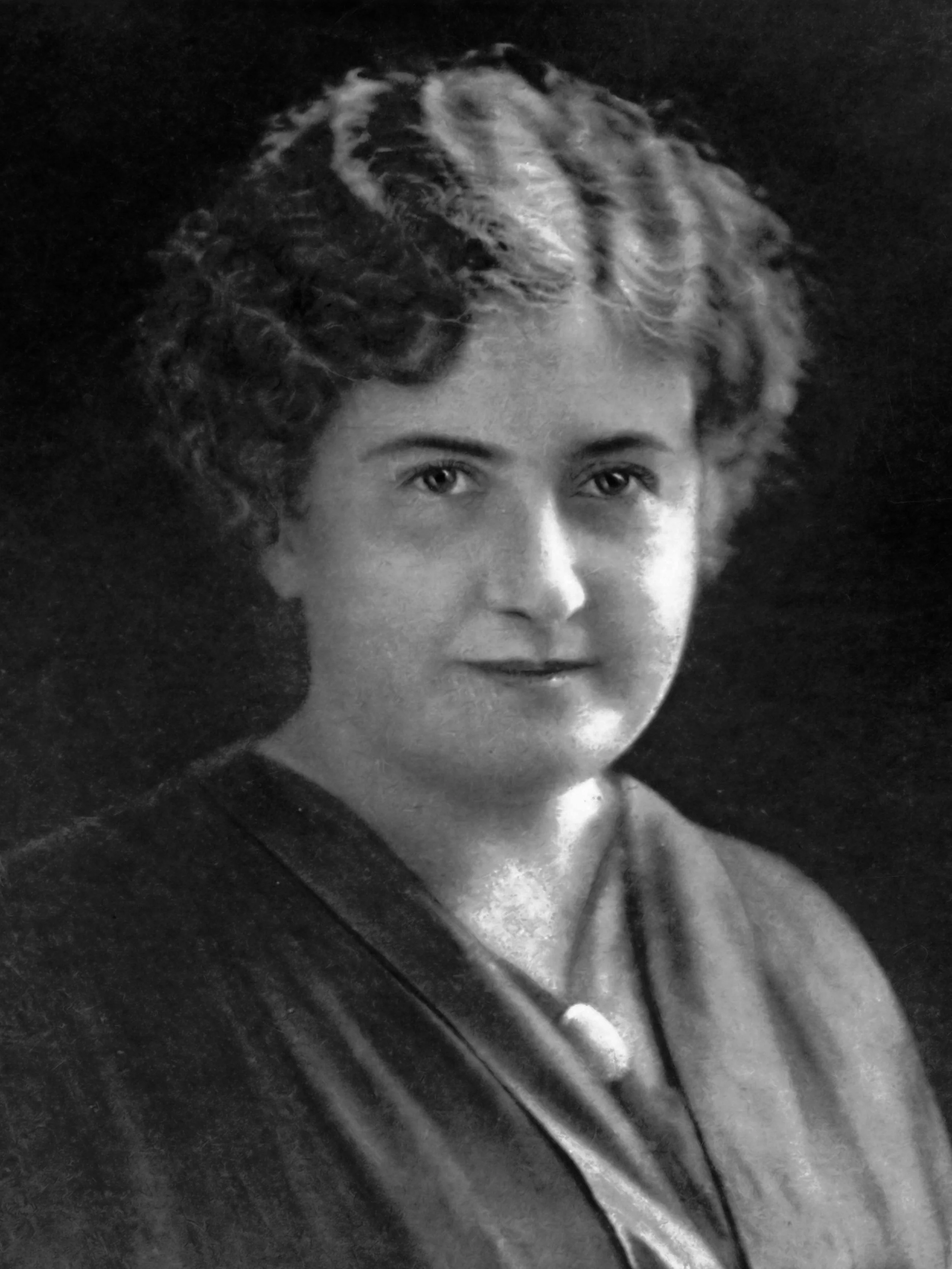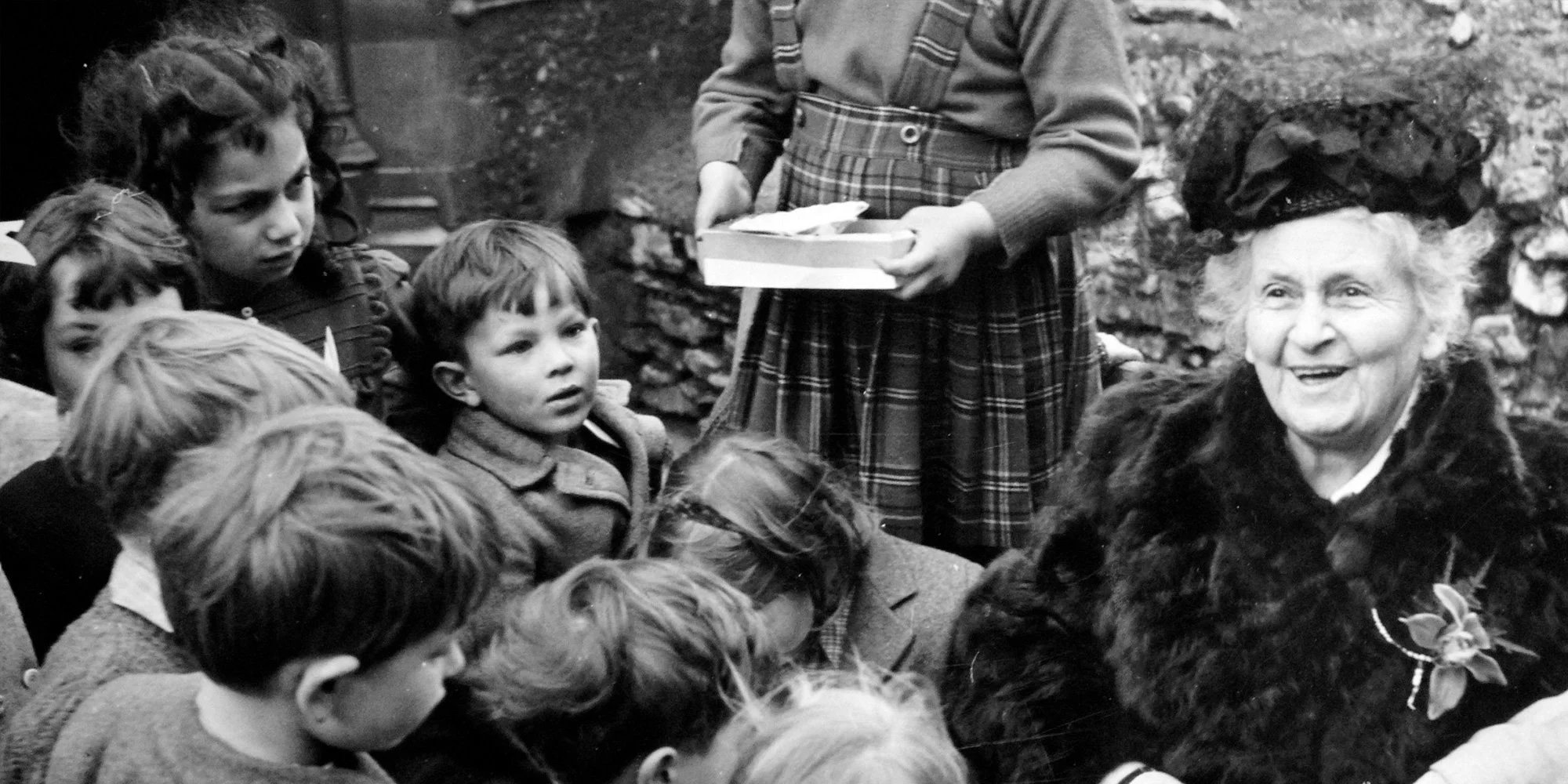The Montessori Method
Montessori elementary education is based on a deep respect for children and the belief children have an innate desire to learn, grow, and develop into capable adults.
At Desert Sky Montessori, we engage students with all that Montessori Curriculum has to offer, meeting each individual student at the place their interests and passions meet the real world and all it has to offer them.
Montessori philosophy holds that adults need only demonstrate, invite, and provide opportunities for children to learn what they’re interested in, and in that spirit we work to create conditions where students can take ownership of their own education, and ultimately of their own life.
-
Community mindedness is emphasized and opportunities for both apprenticeship and mentorship abound
-
Maximizing engagement with the materials
-
Child led educational plans to maximize learning
-
Extensive education in child development and the Montessori method
-
Meticulously and scientifically designed materials that create and sustain interest
-
Materials provide children the opportunity to discover their mistakes independently and correct them
-
The classroom is designed to encourage students to move about the classroom freely working independently or in pairs or small groups
-
Ideally three hour cycles of time in which to complete lessons and assignments as well as independently chosen work
-
Teachers are guides and observers, rather than lecturers. Lessons are typically given in small groups or one on one, with daily circles including the whole class
Montessori FAQ
-
Whereas traditional education treats children essentially the same from ages five to 18, and expects passive, rote learning, the Montessori approach embraces and utilizes the distinct characteristics of children in their different stages of development and requires them to be active learners, engaging with their environments.
Children in Montessori classrooms learn at their own individual pace and according to their own choice of activities from hundreds of possibilities. Montessori guides (teachers) present new concepts—often through hands-on manipulative materials—to one child at a time, or at the elementary levels to small groups.
Students are encouraged to develop and explore their own interests and passions, and frequently achieve results that surprise even us.
-
Multi-age classrooms afford us the luxury of adapting the curriculum to the individual child. Each child can work at his or her own pace while remaining in the community with his or her peers.
In addition, the multi-age format allows older children to be the leaders of the classroom community, even those children who may be shy or quiet.
-
The different arrangement of a Montessori classroom mirrors the Montessori method's differences from traditional education. Rather than putting the teacher at the focal point of the class, with children dependent on them for information and activity, the classroom revolves around the needs, interests, and work of the children.
Children work at tables or on floor rugs where they can spread out their materials, and the teacher circulates about the room, giving lessons or resolving issues as they arise.
-
Montessori children are free to choose within limits and have only as much freedom as they can handle with appropriate responsibility. The Montessori guide and assistant ensure that children do not interfere with each other, and that each child is progressing at their appropriate pace in all subjects.
-
Montessori offers environments with freedoms that require a higher level of responsibility, self-control, and grace and courtesy than many other school settings. Most children develop these qualities gradually in response to the Montessori structure and guidance of three-year-age-ranged classmates and the trained teacher.
Although Montessori is often a good fit for children who have come from other educational settings, there are times when Montessori does not give a particular child what they need. In determining whether or not Montessori is the best fit for a child, our mutual focus as parents and educators must be on which educational setting will most help a child to succeed. Being realistic about the limitations of any one environment is part of this collective conversation.
-
Montessori classrooms emphasize competition with oneself: self-monitoring, self-correction, and a variety of other executive skills aimed at continuous improvement. Students typically become comfortable with their strengths and learn how to address their weaknesses.
-
Based on the assumption that children learn at different rates and through different avenues, all Montessori instruction is differentiated to meet the needs of each child in the classroom.
For children who experience learning challenges, this means addressing difficulties early to provide more time with instruction.
For children who require additional challenges, there is no ceiling to learning. Students can pursue learning at an accelerated rate.
A classroom whose children have varying abilities is a community in which everyone learns from one another, and everyone contributes. Moreover, multi-age grouping allows each child to find their own pace without feeling “ahead” or “behind” in relation to their peers.
-
Research studies show that Montessori children are well-prepared for later life academically, socially, and emotionally. Montessori children are ranked above average on such criteria as following directions, listening attentively, using basic skills, showing responsibility, asking provocative questions, showing enthusiasm for learning, and adapting to new situations.
About Maria Montessori
Dr. Maria Montessori was the first woman to practice medicine in Italy. A scholar of biology, psychiatry, anthropology, and medicine, she graduated from the Faculty of Medicine at the University of Rome in 1896. As a physician, Dr. Montessori was in touch with young children and became profoundly interested in their development.
Through careful and exhaustive scrutiny, she realized that children construct their own personalities as they interact with their environment. She also observed the manner in which they learned as they spontaneously chose and worked with the autodidactic materials she provided.
“The goal of early childhood education should be to activate the child’s own natural desire to learn.”
Montessori noted that her students developed a peace and calmness, became focused and joyful, and showed great kindness and concern for others.
She studied children of all races and cultures in many countries around the world, soon seeing the universality of the laws of human development. It is because Montessori speaks from this experience in the real world, and not from any abstract ideological or political position, that her words and educational practices continue to have such an impact in every generation.
She continued her observations throughout her life, widening and deepening her understanding until her death in 1952. Also a devoted humanitarian, she was three-times nominated for the Nobel Peace Prize for her advocacy efforts toward a more peaceful humanity.
Dr. Maria Montessori was a scientist, and as a good scientist, she was earth-bound and highly spiritual in her pursuit of truth. Through her studies of educational methods, she declared two principles as the foundation of Montessori pedagogy: the universal characteristics of the human child, and the child as a unique, unrepeatable, respectable, and admirable individual to be unconditionally accepted as one of life’s most marvelous expressions.
Montessori Books
The Montessori Potential: How to Foster Independence, Respect, and Joy in Every Child by Paula Lillard Preschlack
Listen to previously recorded lectures of Paula's Montessori Approach At Home series
Intended for parents with children of all ages
Montessori in the Classroom: a Classroom Teacher’s Diary by Paula Polk Lillard
Montessori: Why It Matters for Your Child’s Success and Happiness by Charlotte Cushman
The Montessori Toddler: A Parent's Guide to Raising a Curious and Responsible Human Being by Simone Davies
Parenting Books
The Self-Driven Child: The Science and Sense of Giving Your Kids More Control Over Their Lives by William Stixrud PhD and Ned Johnson
Simplicity Parenting: Using the Extraordinary Power of Less to Raise Calmer, Happier, and More Secure Kids by Kim John Payne
Raising Kids: Your Essential Guide to Everyday Parenting by Sheri Glucoft Wong, LCSW, Olaf Jorgenson, EdD, Julie Lythcott-Haims
The Enchanted Hour: The Miraculous Power of Reading Aloud in the Age of Distraction by Meghan Cox Gurdon
The Gift of Failure: How the Best Parents Learn to Let Go So Their Children Can Succeed by Jessica Lahey
The Anxious Generation: How the Great Rewiring of Childhood Is Causing an Epidemic of Mental Illness by Jonathan Haidt
The Art of Happiness in a Troubled World by The Dalai Lama and Howard C. Cutler, M.D.
Worth Watching
Dr. Steve Hughes: Montessori and the Future of Education
Short videos of Dr. Steven Hughes, PhD, LP, a world-renowned pediatric neuropsychologist, advocating the developmental benefits of a Montessori education.
Trevor Eissler: Montessori Madness!
Montessori Madness! explores how Montessori education best prepares children for the world outside the classroom. Trevor Eissler is a business jet pilot, author, and international speaker.
Notable Montessori Alumni
Read more about the invaluable impact of a Montessori education on the success of several noteworthy Montessori alumni.
The Montessori Mafia — The Wall Street Journal
Tech Innovators Who Went to Montessori School — Business Insider
Corporate Kindergarten: How a Montessori Mindset can Transform your Business — Forbes
NBA sensation Stephen Curry and his family talk about how Montessori has helped shape their outlook on life.




